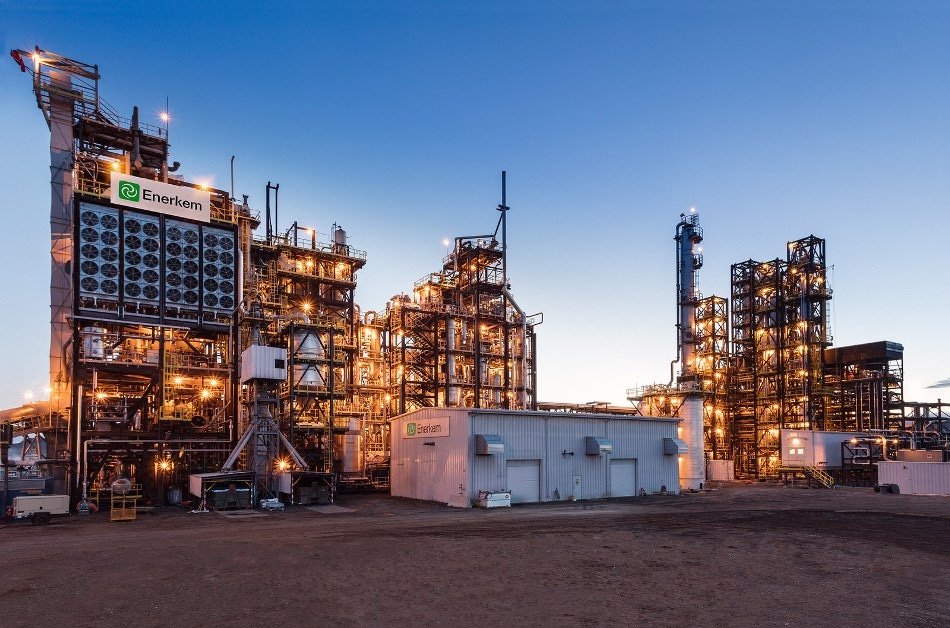Sep 18 2017
Enerkem Inc., one of the leading companies producing renewable chemicals and biofuels, world leading producer, declared on 15th September 2017 that it has begun the commercial manufacture of cellulosic ethanol.
Enerkem’s state-of-the-art biofuels facility located in Edmonton, AB, Canada, is the first ever commercial-scale facility across the globe to manufacture cellulosic ethanol from non-compostable, non-recyclable mixed municipal solid waste.
 A picture of Enerkem’s state-of-the-art Edmonton biofuels facility, the world’s first commercial-scale plant to produce cellulosic ethanol made from non-recyclable, non-compostable mixed municipal solid water. CREDIT: CNW Group/Enerkem Inc.
A picture of Enerkem’s state-of-the-art Edmonton biofuels facility, the world’s first commercial-scale plant to produce cellulosic ethanol made from non-recyclable, non-compostable mixed municipal solid water. CREDIT: CNW Group/Enerkem Inc.
From the year 2016, the company has been manufacturing and selling biomethanol, before expanding production to incorporate cellulosic ethanol by installing, earlier this year, its methanol-to-ethanol conversion unit.
The commercial production of cellulosic ethanol at our facility in Edmonton marks a landmark moment for our company as well as our customers in the waste management and petrochemical sectors, and confirms our leadership in the advanced biofuels market.
Vincent Chornet, President and Chief Executive Officer, Enerkem
The International Renewable Energy Agency has reported that by the year 2030, the expanding global market for biofuels is anticipated to touch nearly 124 billion liters per year.
We will now progressively increase production in Edmonton, while preparing to build the next Enerkem facilities locally and around the world.
Vincent Chornet, President and Chief Executive Officer, Enerkem
Advanced biofuels have an important role in adopting sustainable mobility by manufacturing transportation fuels that can be used as a substitute for a portion of gasoline. Apart from offering a clean fuel for transportation, Enerkem’s technology has also transformed the conventional waste incineration and landfilling models by providing a smart substitute to nations looking forward to recovering waste and also sustainably fueling vehicles.
About advanced biofuels
Advanced biofuels (e.g. cellulosic ethanol) are produced by using non-food sources, for example, energy crops, residual forest biomass, urban waste or agriculture waste. In order to completely tap the energy from non-traditional feedstock sources, the low-carbon liquid transportation fuels are synthesized by employing new and advanced technologies.